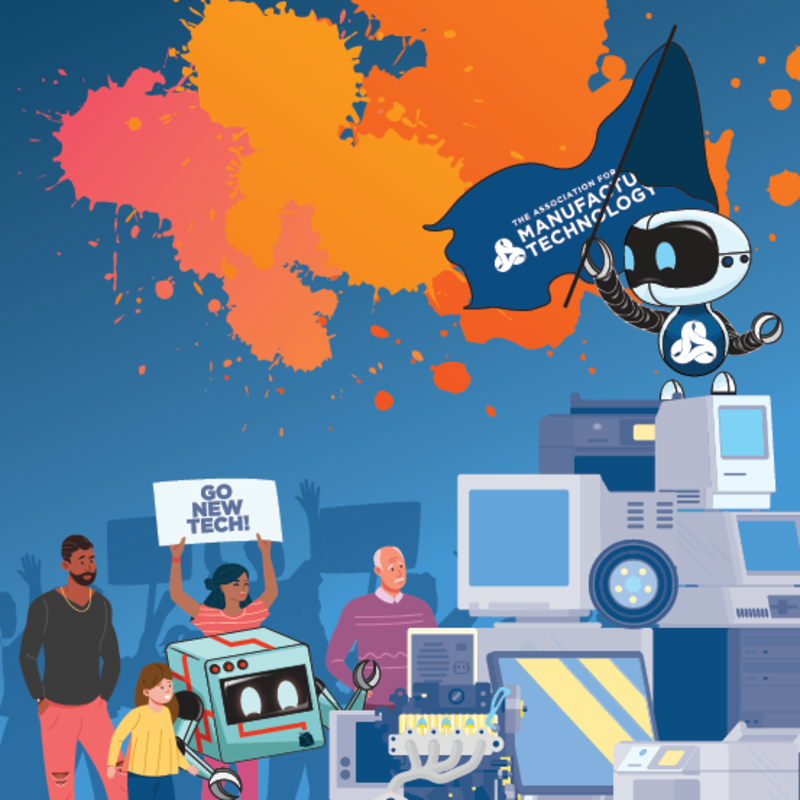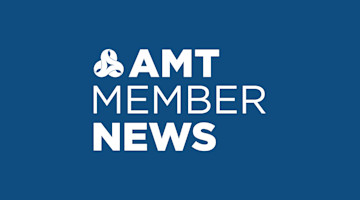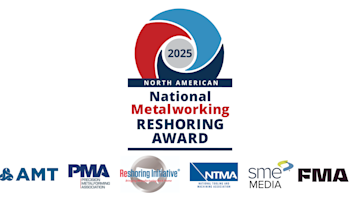Many of you have probably heard me say that in the year that I was born, my dad was an apprentice at a small tool and die manufacturing shop in small-town Ohio. Our family eventually had four children, and so when it came time to make a career change, Dad went to work at what used to be known as Fisher Body at the GM assembly plant in Lordstown, Ohio.
Dad would go on to enter GM’s management program for tool and die supervisors at what is now known as Kettering University in Michigan. As a result of Dad’s continuous life-learning and work ethic, the Jones family had the opportunity to lead a nice, middle-class lifestyle, and Dad would go on to eventually retire when GM offered salaried employees an incentive for early retirement when he was 62 years old.
I was reminded of Dad’s story when I read in early March that GM was offering early retirement packages again this year to its salaried employees as a cost-cutting move. This need to reduce salaried employees is not just for the sake of cutting costs but also part of GM and other vehicle manufacturers’ preparation to tool up and switch their facilities over from vehicles powered by fossil fuels to electric vehicles (EVs).
My dad is still with us at age 86, but the Fisher Body brand is no more, and the GM Lordstown Assembly plant is now owned by Foxconn.
How Emerging Technologies Disrupt
The changeover from current vehicle powertrains to EVs is just one example of an emerging technology causing disruptions across U.S. manufacturing in go-to-market strategies, facility makeovers, and workforce recruiting and education needs.
A few years ago when we updated AMT’s Manufacturing Mandate regarding Smartforce Development, we identified the need for continuous life-learning to keep pace with emerging technologies as a key policy recommendation.
During our lifetimes, technologies evolve or change completely, and they are changing evermore rapidly these days as smart, digital manufacturing technologies become more widely adopted. As a result, it is now more important than ever that humans working in manufacturing be educated on and learn new knowledge and skills in order to keep pace with technologies like additive manufacturing (AM); artificial intelligence (AI) and machine learning; augmented reality/virtual reality (AR/VR); automation, especially robotics, collaborative robots (cobots), and human-machine interfaces (HMI); and digital twin and generative design.
Gary Vasilach’s cover article in this edition of MT Magazine explores how the changeover to new braking systems for EVs is changing workforce needs at Continental in North Carolina. Together with the state government, Continental addresses these needs with an apprenticeship program. In an era of continuous life-learning, the workers who graduate from those apprenticeships will be educated on and learn new skills to address the next disruption in emerging technologies.


Just one example of the impact of smart innovation in facility design and management occurred last month, when BMW announced the launch of a virtual factory. BMW will leverage Nvidia’s Omniverse platform to build and operate industrial metaverse applications across its global production network, allowing the German carmaker to plan, test, and optimize scenarios for smart, connected factories that feature new robotics and state of the art logistics systems before they are rolled out commercially.
Another example is a more personal, more simplistic one. I was recently issued a new AMT Dell laptop because my old laptop had reached the end of its life cycle. Talk about teaching an old dog new tricks. I had to learn a new, more updated, and advanced Microsoft operating system among other things. Interfaces that I had been used to for years had suddenly and unexpectedly changed. Some of them for the better. Initially, of course, I lost a bit of personal and professional productivity as I learned and adjusted to the new interfaces and tools. One can find plenty of help in the applications, and I had Google for help as well.
Don’t Forget the Teachers
That brings me to another important Smartforce Development recommendation in the AMT Manufacturing Mandate. Currently in the United States, there is a nationwide shortage of teachers, and this shortage is especially prevalent in career and technical education (CTE). Attracting, recruiting, educating, accrediting, and retaining CTE teachers is as important as solving the skills gap in the manufacturing workforce. Without a growing, robust, continuous cohort of CTE teachers, it will be ever more challenging for U.S. manufacturing to solve the skills gap.
In Smartforce Development, we are working together with our extensive network of educators and administrators at schools as well as policymakers at both the state and federal levels to create meaningful policies and legislation and to seek funding to develop a CTE teacher incubator program that would address the teacher shortage in mechatronics. Mechatronics, or automated manufacturing technology as some educational institutions refer to it, and CNC machining programs are the workforce incubators in the near and emerging future of U.S. manufacturing.
Mechatronics represents the educational area where many of our future automation and robotics technicians and engineers will come from, as well as our manufacturing technology field service technicians and engineers. We simply must have CTE teachers available in the classroom to teach the necessary knowledge, skills, and abilities to these in-demand workers.
The Manufacturing Mandate
If it’s been some time since you’ve read the AMT Manufacturing Mandate, or you weren’t aware that AMT has made these policy recommendations that affect our industry, I encourage you to read the mandate further at AMTonline.org/products/manufacturing-mandate.
AMT’s Smartforce Development recommendations in the Manufacturing Mandate go beyond ensuring that we have skilled CTE teachers. We have also made recommendations to modernize apprenticeships in the United States; that small, medium, and large manufacturing companies alike get in sync with educational institutions to adopt industry-recognized standards and credentials in the U.S. manufacturing workforce; and that credentials, microcredentials, and badging should become a more prevalent means by which we measure how individuals have progressed on their personal continuous life-learning journeys. Meeting these recommendations will have the net effect of providing U.S. manufacturing with a more ready and able workforce as technologies continue to change.
AMT’s other Manufacturing Mandate policy recommendations cover two additional important topics:
1) Harnessing the power of manufacturing technology to spur innovation and R&D investment.
2) Injecting predictability and stability into tax, global trade, and regulatory systems.
Each of the AMT Manufacturing Mandate areas of focus have a subset of approximately five to six topic recommendations each and were co-authored by my AMT colleagues: Amber Thomas, vice president, advocacy; Pat McGibbon, chief knowledge officer; Tim Shinbara, chief technology officer; Catherine “Cat” Ross, director, Smartforce Development; Ed Christopher, vice president, global services; and Ryan Kelly, general manager, San Francisco Tech Lab.
For more information or assistance with workforce development or current and emerging technologies in your local area, please contact Greg Jones at gjones@AMTonline.org or Cat Ross at cross@AMTonline.org.






